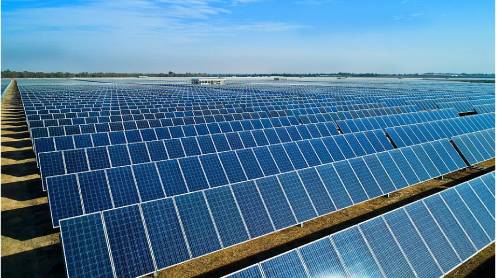ISLAMABAD: A report by Arzachel, titled “The Distributed Divide – How Solar Expansion Affects Non-Adopting Consumers and Utility Economics,” reveals that non-solar consumers in Pakistan bore an additional Rs200 billion burden in FY 2023-24 due to the rapid adoption of solar energy. This surge has led to a Rs2 per kilowatt-hour (kWh) increase in tariffs for grid-dependent users.
The report warns that without regulatory intervention, the financial impact on non-solar consumers will worsen, with costs projected to rise by Rs131 billion for every 5% reduction in grid demand due to solar integration. A 10% reduction could double the burden to Rs261 billion annually.
Key recommendations to address this imbalance include transitioning from net metering to net billing or feed-in tariff systems, introducing fixed grid access fees, and revising distribution codes to manage bi-directional power flows and enhance grid stability.
Solar adopters currently save significantly on energy costs, with net-metering systems avoiding grid charges of Rs20 per unit and behind-the-meter installations bypassing Rs7 per unit in fixed costs. This has resulted in an 8-10% drop in grid energy sales during daylight hours, shifting maintenance and operational expenses to non-solar users.
The report highlights technical challenges faced by distribution companies (DISCOs), such as voltage instability, reverse power flows, and rising demand for ancillary services. Additionally, the energy sector risks encountering the “duck curve” phenomenon, marked by midday demand dips and steep evening surges, complicating grid operations.
The study cautions that if reforms are delayed, Pakistan’s energy sector may enter a “death spiral,” characterized by rising tariffs, reduced grid revenues, and accelerated consumer defection to solar, undermining the sector’s sustainability.
Story by Zafar Bhutta





